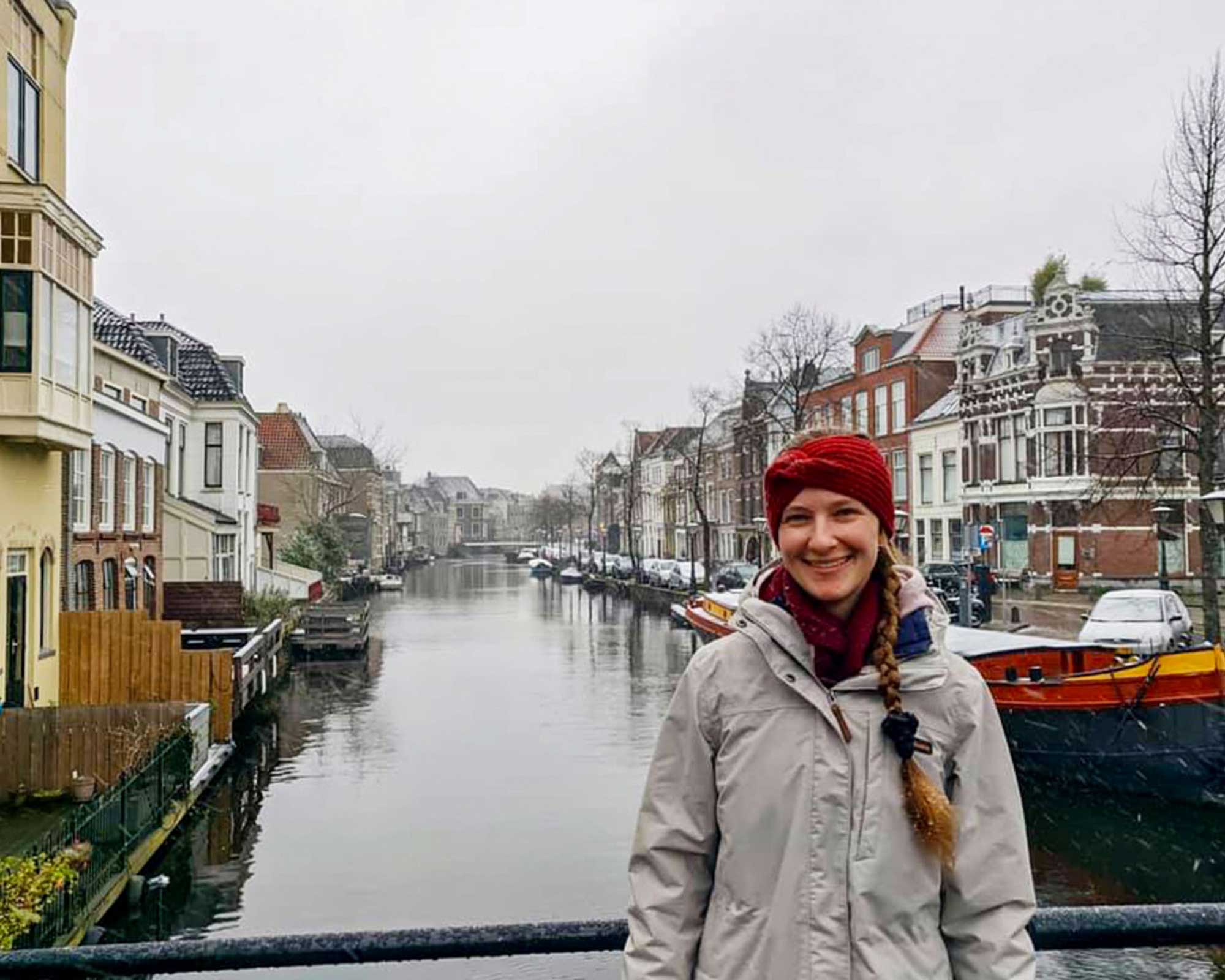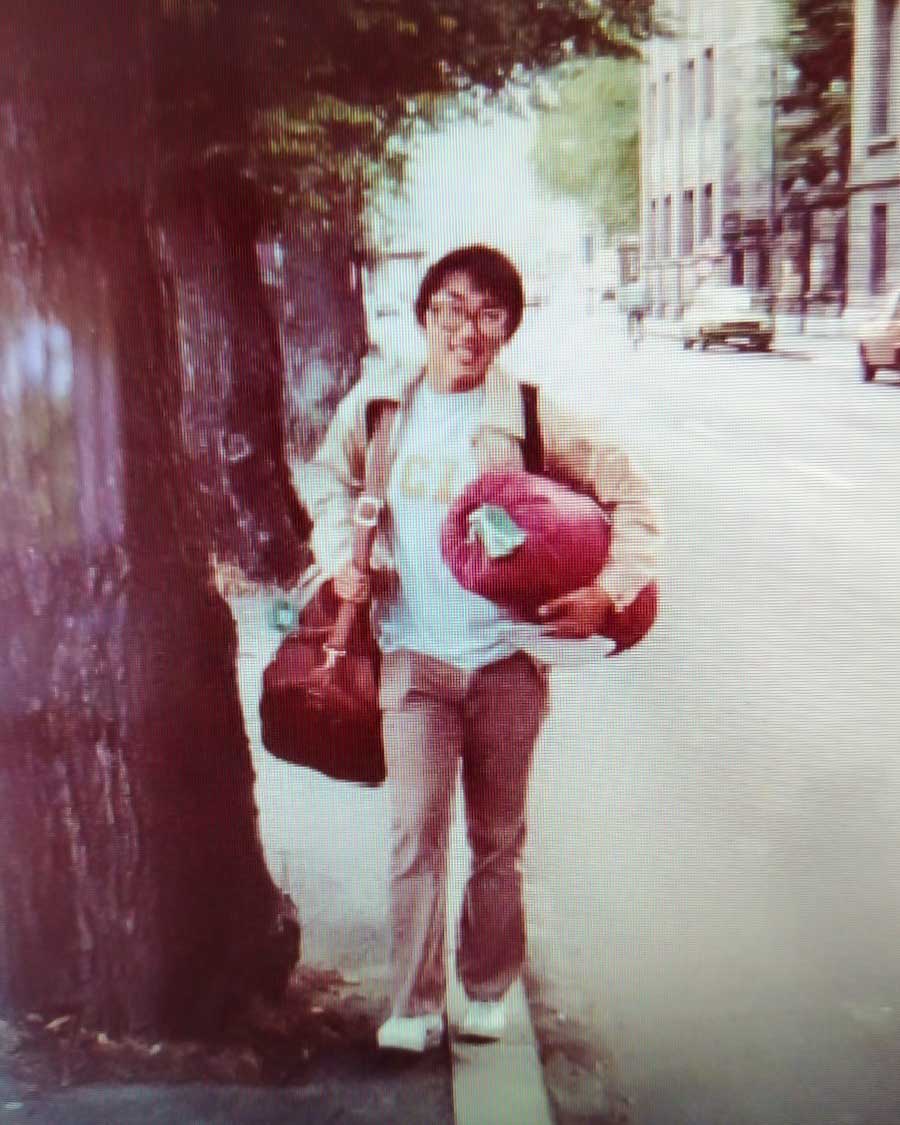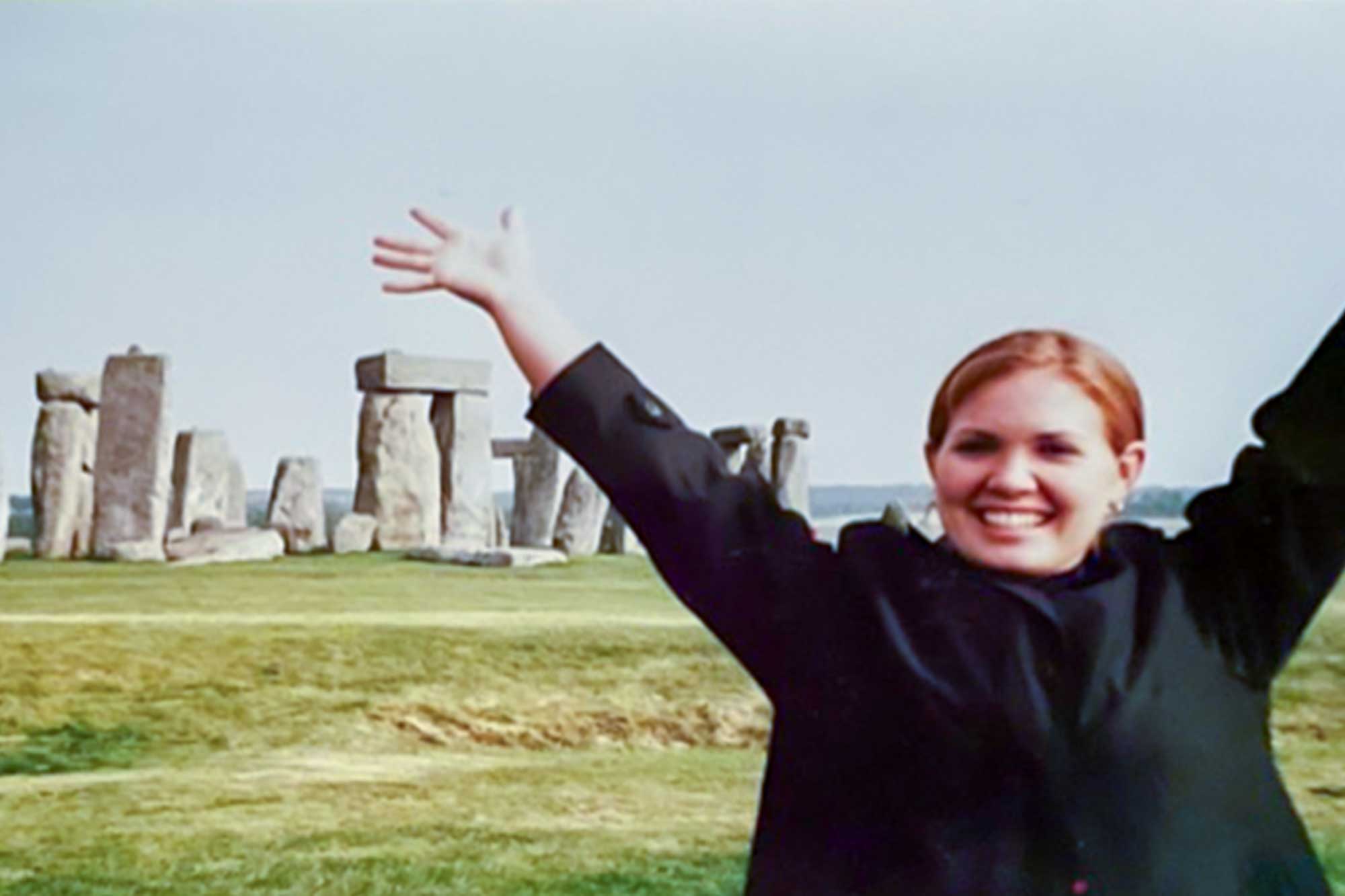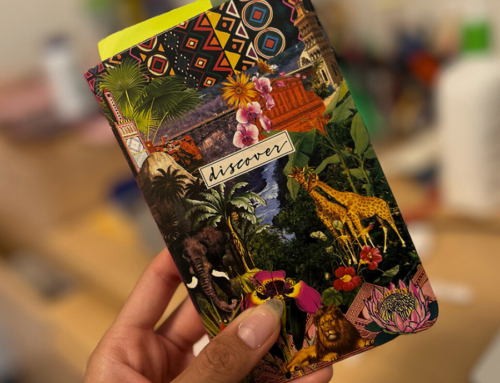No doubt, study abroad is a grand adventure, and there’s more to the experience than you might think. Students often say study abroad was not just a life-changing event in their lives—it was challenging and different, confusing and exciting, scary and wonderful.
When you leave your home country, you quickly learn things about yourself you may not have inside your comfort zone.
In this post, UCEAP returnees share the skills they learned abroad and how those skills have paid off since.
1. You become highly adaptable
People who are highly adaptable have the emotional tolerance and mental fortitude to calmly face ambiguity and uncertainty. They are more apt to quickly see solutions that others don’t.
I went into my study abroad experience absolutely terrified of things not going according to plan. After getting on the wrong bus and being stranded, and later finding myself without housing on the streets of Utrecht, I quickly went from being terrified of change to being extremely adaptable. I learned to be flexible in the most unforeseeable circumstances. This skill has been extremely important in my day-to-day work as a marketer as well as in my personal life. Now, when I find myself missing a flight or having to make last-minute plans or rewriting an article just before it goes live, I’m no longer terrified. I embrace it!
Marina Krivonossova, UC Irvine, Netherlands (2018)
2. You learn to persevere through challenges
You’ll experience countless situations where the ability to persevere and remain focused on your goal is needed. A life skill worth cultivating is using resilience to navigate challenges. Consider flipping your perspective from thinking a situation is an obstacle to thinking it’s an opportunity to learn. Study abroad experiences are packed with these opportunities!
Before study abroad, I was hesitant to speak Portuguese with other people because I was afraid of messing up. When I arrived in Rio de Janeiro, I HAD to use the language every day. Instead of being afraid, I focused on my ability to learn and grow. In my career, I’ve applied the lesson over and over. Now I am a lawyer for a great company and doing what I love. I will always be grateful for my study abroad experience for pushing me to persevere through uncomfortable challenges.
Kaisha Borgaro, UC Santa Barbara, Brazil (2012)
3. You establish your own unique sense of balance
Being in a state of balance is a skill that has to be practiced to be achieved. Study abroad lets you explore what kind of life balance works for you as you live in a new country. Knowing when to pause, examine what’s happening, and adjust to achieve balance is a skill that pays off forever.
Coming to Ireland from California, I noticed immediately a change of pace. The day starts a bit later and there is an emphasis on community and enjoyment that brings a calmness I wasn’t used to. I was accustomed to a balance tipped heavily in favor of work and the change in lifestyle was an adjustment, even a source of mild anxiety at first. I learned to observe and evaluate the things that do and do not work for me. Studying abroad was a unique opportunity to explore what balance means to me as an individual.
Katelyn Warren, UC Santa Barbara, Ireland (2022)
4. You find new perspectives on everything
The ability to look at things in a different way is the essence of having perspective. It could be the most valuable skill you can develop. The very act of studying abroad forces you to see everything from new point of view.
Leaving the orange groves and cow pastures of Irvine for West Africa was a leap of faith. Living in a vastly different culture for a year inspired my lifelong respect for others. The experiences I had were unforgettable and taught me that none of us do anything alone. Living is a cooperative adventure. There are no enemies, only people waiting to make a connection.
Marty Fleetwood, UC Irvine, Ghana (1972)
5. You learn to trust your instincts
Building confidence is essential, as it allows us to strive forward in uncertainty. During study abroad, you must rely on your intuition, and trust your decision-making ability.
Being in a totally new living situation in Madrid made me realize I was on my own and I had to take care of myself. In addition to learning a new language and trying new things, I found a job, a place to live, and established a routine all on my own. That job in Spain started my career back in Los Angeles. Learning to trust my instincts is a life skill that’s stayed with me and been a part of my life ever since.
Geenung Wong, UC Los Angeles, Spain (1980)
6. You learn cultural intelligence
Cultural intelligence refers to the skill of relating and working effectively in culturally diverse situations. By living and studying in a different country (maybe more than one), you gain a deeper understanding of the cultural nuances, customs, and language(s) of your host country. What’s more, you’re likely to gain an even broader cultural perspective from the local and international students (aka your new best friends) studying alongside you. Learning to communicate effectively and actively listen to others are essential stepping stones for mastering the art of cultural intelligence.
I will never forget the compassion my professor displayed when interviewing patients in the Netherlands. He made sure to speak in the language they felt most comfortable with and asked questions about not only their disease processes but also their emotional journey. As a registered nurse, I see the importance of connecting with the whole person so I can provide the best possible care to each individual.
Jenna Farboud, UC Davis, Netherlands (2015)
7. You learn to live in the moment
Living in the moment is a mindfulness skill that entails active, open, and intentional focus on the present. The importance of slowing down and appreciating the subtleties of the day will never expire, especially for those wanting to take care of their mental health.
It may seem silly to say, but my time abroad in Paris inspired me to get outside every single day. The French have a definite joie de vivre [joy of life] that involves strolls down cobblestone streets, cups of coffee in outdoor cafés, and traveling by foot almost everywhere. I learned how important it is to spend time outdoors and enjoy the sounds and feel of living. I haven’t given up the habit all these years later.
Patrick Brennan, UC Berkeley, France (2016)
8. You learn self-reflection
When you can honestly reflect on what’s happening within yourself, you become less dependent on others’ viewpoints to define your self-worth. Study abroad pushes you to see yourself from another perspective and appreciate all that’s unique about yourself.
I was on a path for a career in film because that’s what my Dad did and it was the only experience I had. While studying abroad, I became completely enthralled with living in a new culture and trying new things. After a few years of trying to stick it out with more traditional jobs, I switched to teaching young professionals how to use their remote jobs to travel more and live abroad.
Janelle Axton, UC Santa Barbara, Ireland (2017)
9. You discover different ways of learning
Every country has its own approach to teaching. This process influences—and is influenced by—learners’ social, political, and psychological development, so it’s no wonder teaching styles can change across international borders. Being able to adapt to these differences, execute assigned tasks, and collaborate with teammates is an invaluable skill.
I was blissfully naïve when I touched down in the Netherlands for a semester of study at Utrecht University. I quickly came to learn that UU has a rigorous academic culture and it’s popular with English-speaking students around the world. As exchange students from a variety of academic backgrounds, many of us were surprised by the emphasis on group work. With the exception of a few tests, essays, homework, and final projects were assigned and completed by groups of three to four. Succeeding in my classes required that I learn to collaborate and work effectively with my peers. I left the Netherlands with the ability to work in teams as well as unique friendships formed over weekly meetings and late nights working together on a shared objective.
Hannah Irvine, UC Los Angeles, Netherlands (2016)
10. You learn to engage in the world and network like a boss
An advantage of a highly connected world is that it’s easier to keep in touch with friends you made abroad as well as reunite later if you happen to be in the same area of the world. International networks aren’t only a personal benefit, they may also offer employment opportunities with peers in similar fields of study and walks of life.
The experience of study abroad provides the opportunity to create meaningful relationships with peers and others internationally and within the UC system. The adventures that come with exploring the world together can bond you for life and create really unique and special friendships.
Emily Graham, UC Santa Barbara, Sweden (2006)
Bonus: You learn to travel solo!
If you’ve always traveled with family, the idea of going alone to a new place may be daunting. What would travel look like if you weren’t afraid to go alone?
My time abroad changed the course of my life. When I lived in London, I became confident traveling solo (before smartphones!). It’s a skill that’s stayed with me forever. Now, at 40 years old, I’ve traveled to over 40 countries, and it all started with study abroad.
Shannon Steiner, UK-England (2002)












Leave A Comment